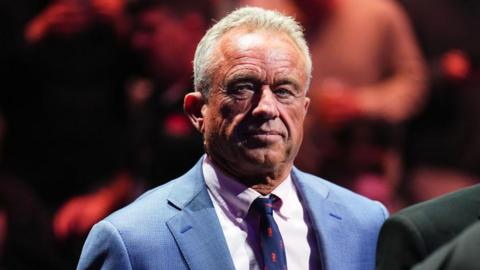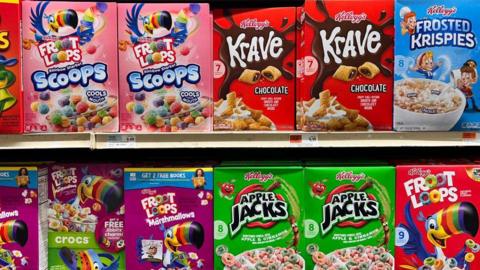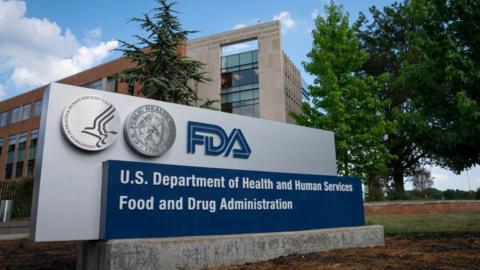Robert F Kennedy Jr has set his sights on changing how Americans eat and drink.
From the dyes in Fruit Loops cereal to seed oils in chicken nuggets, Kennedy - who is President-elect Trump's choice to lead the Department of Health and Human Services (DHHS) - has long spoken out against ingredients that he says hurt Americans' health.
"We are betraying our children by letting [food] industries poison them,” Kennedy said at a rally in November, after he had ended his independent presidential bid and backed Donald Trump.
But if Kennedy hopes to target junk food, he will first have to shake up the country's food regulations - and run up against Big Food.
“What he's suggesting is taking on the food industry,” said former New York University nutrition professor Marion Nestle. “Will Trump back him up on that? I’ll believe it when I see it.”
The former environmental attorney - who still must face confirmation by the Senate - is considered by many to be a controversial pick, given his history of making baseless health claims, including that vaccines can cause autism and that wifi technology causes cancer.
Yet some of his ideas around reforming the FDA have found support from health experts, lawmakers and concerned consumers alike - including some Democrats.
Kennedy “will help make America healthy again by shaking up HHS and FDA”, Colorado’s Democratic Governor Jared Polis wrote on social media this week, welcoming his nomination. After receiving public backlash for praising him, Polis qualified his endorsement, writing on social media that "science must remain THE cornerstone of our nation’s health policy".


